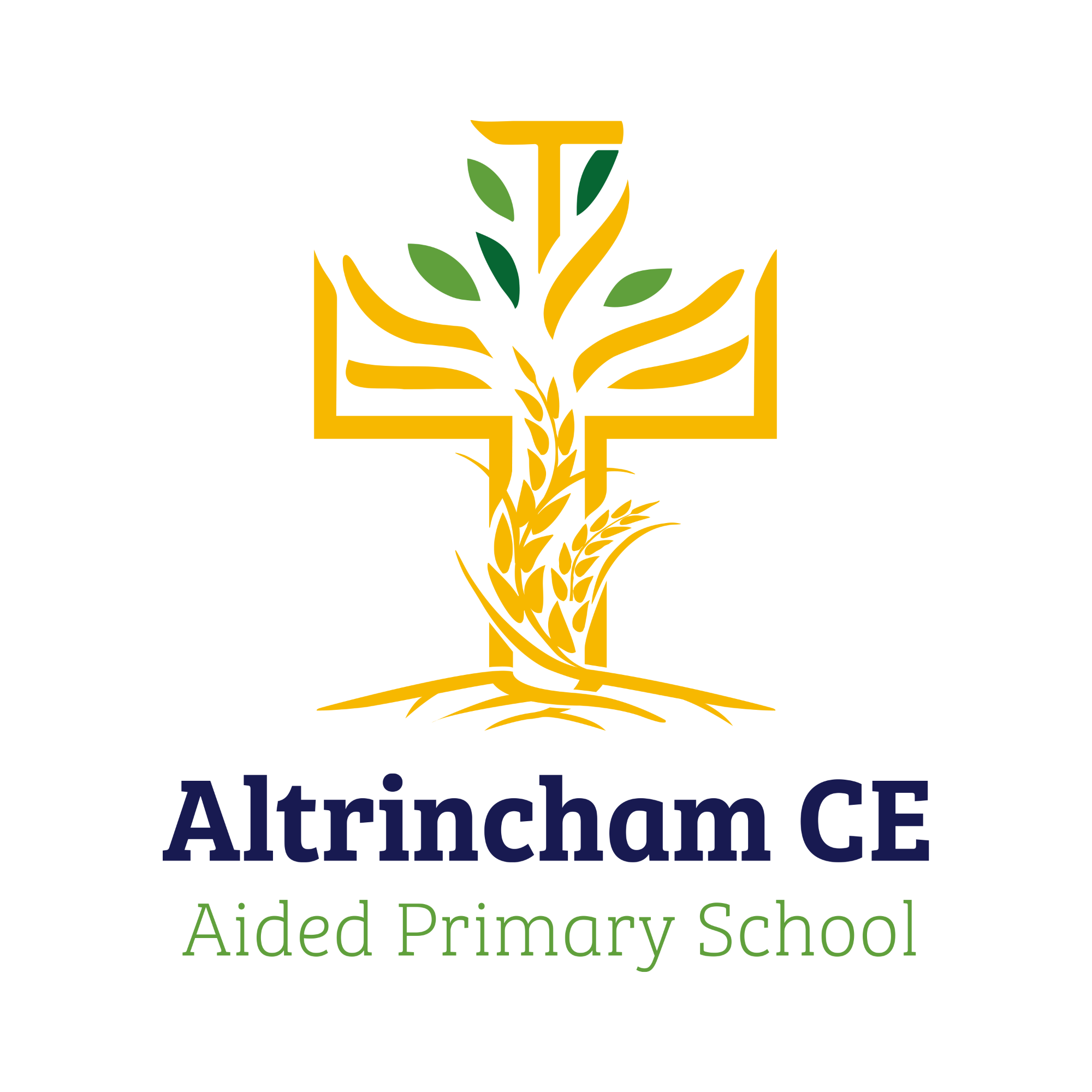Geography
At ACE, we recognise the importance in helping children gain a coherent knowledge and understanding of their place in the world. We strive to inspire children’s curiosity to learn more about the world. Geography teaching equips children with knowledge about diverse places, people, resources and natural and human environments, together with a deep understanding of the Earth’s key physical and human processes.
As pupils progress, their growing knowledge about the world should help them to deepen their understanding of the interaction between physical and human processes and of the formation and use of landscapes and environments.
Geographical knowledge, understanding and skills provide the frameworks and approaches that explain how the Earth’s features at different scales are shaped, interconnected and change over time.
Aims (desired outcomes)
- Know and understand the location of globally significant places – both terrestrial and marine – including their defining physical and human characteristics and how these provide a geographical context for understanding the actions of processes.
- Understand the processes that give rise to key physical and human geographical features of the world, how these are interdependent and how they bring about spatial variation and change over time.
- Understand how to use geographical skills in order to-
- Collect, analyse and communicate with a range of data gathered through experiences of fieldwork that deepen their understanding of geographical processes
- Interpret a range of sources of geographical information, including maps, diagrams, globes, aerial photographs and Geographical Information Systems (GIS)
- Communicate geographical information in a variety of ways, including through maps, numerical and quantitative skills and writing at length
- Utilise opportunities outside the classroom including home learning and real life experiences to enrich experiences and to learn about geography in an active and creative way.
- Ensure learning without limits, making cross-curricular links to secure application and mastery
- Ensure continuity and progression across key stages, recognising geography as an enquiry with a focus on skills and deepening knowledge and understanding, supported by robust assessment.
- Encourage inference, the ability to use high-order vocabulary, questioning, curiosity and communication.
- Understand key geographical threshold concepts and use them to make connections, draw contrasts, analyse trends, frame historically valid questions and create their own structured accounts, including written narratives and analyses.
THRESHOLD CONCEPTS
These are:
- Investigating places – Understanding the geographical location of places and their physical and human features.
- Investigating patterns – Understanding the relationships between the physical features of places and the human activity within them, and the appreciation of how the world’s natural resources are used and transported.
- Communicating geographically – Understanding geographical representations, vocabulary and techniques.
These threshold concepts ensure coverage of the key geographical concepts laid down in the National Curriculum:
- Locational knowledge (contextual knowledge of the location of globally significant places)
- Place knowledge (understanding geographical similarities and differences through studying the human and physical geography of a region)
- Human and physical geography (understand the processes that give rise to key physical and human geographical features of the world)
- Geographical skills and fieldwork (use world maps, atlases, globes, compasses and work in the field to identify, locate and describe places and features) Top of Form
The geography curriculum at ACE is carefully planned and structured to ensure that current learning is linked to previous learning and the school’s approaches are informed by current pedagogy.
Skills We Teach:
Skills (the ability to do something well; expertise)
|
Geographical enquiry Ask questions and research the answers using a range of data. Identify bias, opinion and abuse of evidence. Present findings in a suitable way, fit for purpose. |
Field work and out of class learning Use the correct tools, to investigate, record and gather data. Know how to use the tools safely and efficiently. |
Geographical and visual literacy Use maps and atlases with ease; able to look at satellite images and key features and draw a map using the correct scale. |
Geographical communication Write up answers using the correct geographical vocabulary and show an understanding of the key concepts and processes. |
Knowledge We Teach
EYFS
Children are taught about:
- show care and concern for living things and the environment
- talk about some of the things they have observed such as plants, animals, natural and found objects
- talk about why things happen and how things work
- comment and ask questions about aspects of their familiar world such as the place where they live or the natural world
- looks closely at similarities, differences, patterns and change
talk about the features of their own environment and how environments might vary from one another.
KS 1
Children are taught about:
- aspects of local, British and World geography
- vocabulary related to human and physical geography
- differences in land use in the local area
- human and physical similarities and differences between a contrasting and non-European country
- Identify seasonal and daily weather patterns in the local area and the world
Develop geographical skills and fieldwork
KS 2
Children are taught about:
- Aspects of local, British and World geography
- Impact of Manchester Airport on both human and physical geography
- Impact of human activity on the Earth’s climate and biomes
- Physical and human aspects of rivers, including those local to us
- Key aspects of extreme physical events on both land and humans
- Economic activity relating to human geography of local, national and international transportation infrastructure
- Key physical and human characteristics of two continents (North and South America)
